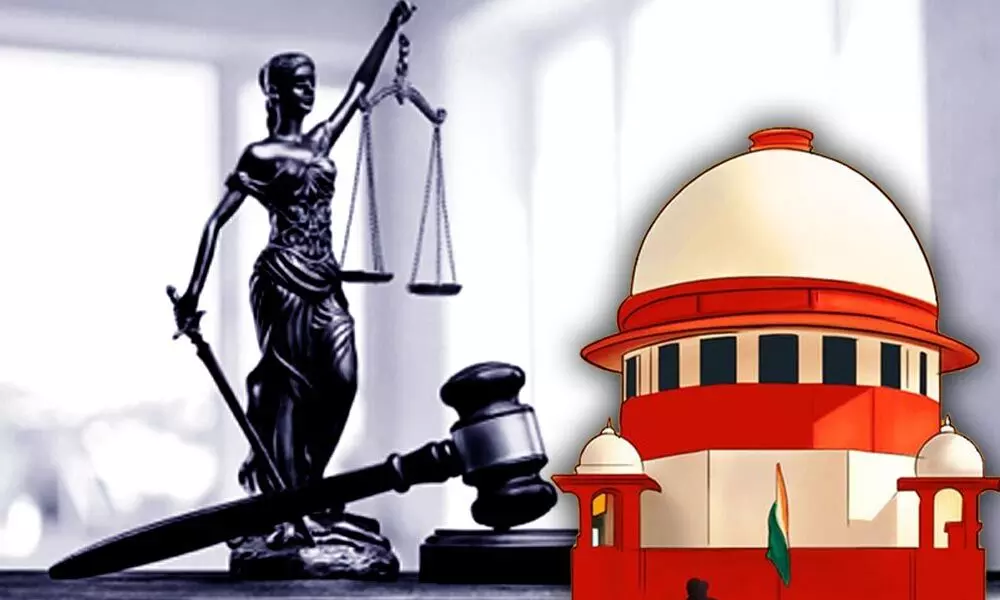Constitution which is the supreme law of land in India completely based on the principles of Rule of Law which means no one is above law irrespective of their power, positions, status etc. The preamble, the fundamental rights and the Directive Principles of State policy constitutes the important feature of our Constitution.
The fundamental rights have been guaranteed in Part III and Directive Principles of State Policy in Part IV of the Constitution of India.
These rights are ‘Fundamental’ because these are essential for attainment of certain rights and liberties and freedom in order to have a dignified life.
We have six fundamental rights in our constitution provided in Part III –
(a) Right to equality
(b) Right to freedom
(c) Right against exploitation
(d) Right to freedom of religion
(e) Cultural and educational rights
(f) Right to constitutional remedies
Directive principles of state policy is considered as obligation on state. As they are not enforceable in any court of law but the principles laid down are fundamental in governance of country and it shall be duty of the state to apply these principles in making laws. These are the ideals which the state must keep in mind while formulating the laws and policies.
Some DPSPs are as-
(a) Equal justice and free legal aid (Art. 39A)
(b) Right to work, to education (Art. 41)
(c) Uniform Civil Code (Art. 44)
(d) Promotion of educational and economic interests of SCs, STs and other weaker sections (Art. 46)
(e) Separation of judiciary from executive (Art. 50)

Initially courts adopted strict and literal approach in dealing with Fundamental Rights and Directive Principles of State Policy.
In State of Madras v. Champakam Dorairajan, AIR 1951
The honorable Supreme Court held that in cases of conflict between the Fundamental Rights and Directive Principles, the Fundamental Rights will always prevail. And in reasoning of this decision the court explained that Article 37 of Indian Constitution makes directive principles non-justiciable.
But with course of time this strict interpretation on this conflict was feathered off and the court started giving value to the Directive Principles also.
In re Kerala Education Bill, AIR 1957, SC held that though Directive Principles cannot override Fundamental Rights but while determining the scope and ambit of Fundamental Rights, the principles of Directive Principles should be kept in mind and the court should adopt principle of Harmonious Construction.
In Golaknath v. State of Punjab, AIR 1967, Supreme court held that Fundamental Rights and Directive Principles form a part of integrated scheme and are elastic enough to change with passage of time or with change in the society.
In Keshvananda Bharti v. State of Kerala, AIR 1973, Supreme court held that Fundamental Rights and Directive Principles aims at the same goal of about having a welfare state so they need to be interpreted and applied together. They both are integral part of our Constitution and not having any antithesis between them.
In Minerva Mills v. Union of India, AIR 1980, Supreme Court observed that Indian Constitution is based on the bedrock of balance between Fundamental Rights and Directive Principles. Giving primacy to one over another would lead to disturb the harmony of the Constitution ultimately leading to imbalance in the basic structure of the Constitution.
After all such judicial interpretations we can conclude that relation between Fundamental Rights and Directive Principles are unified in nature and are essential part of basic structure of the Indian Constitution. Both are complimentary and supplementary to each other. Thus, Directive Principle is no more a moral thesis in the Indian Constitution.
